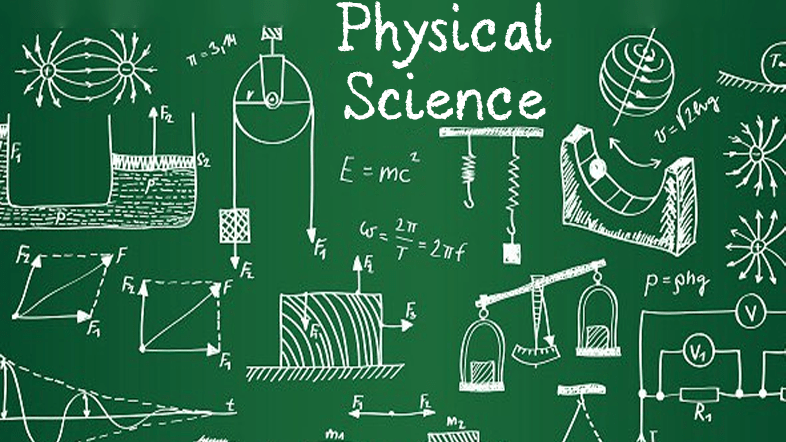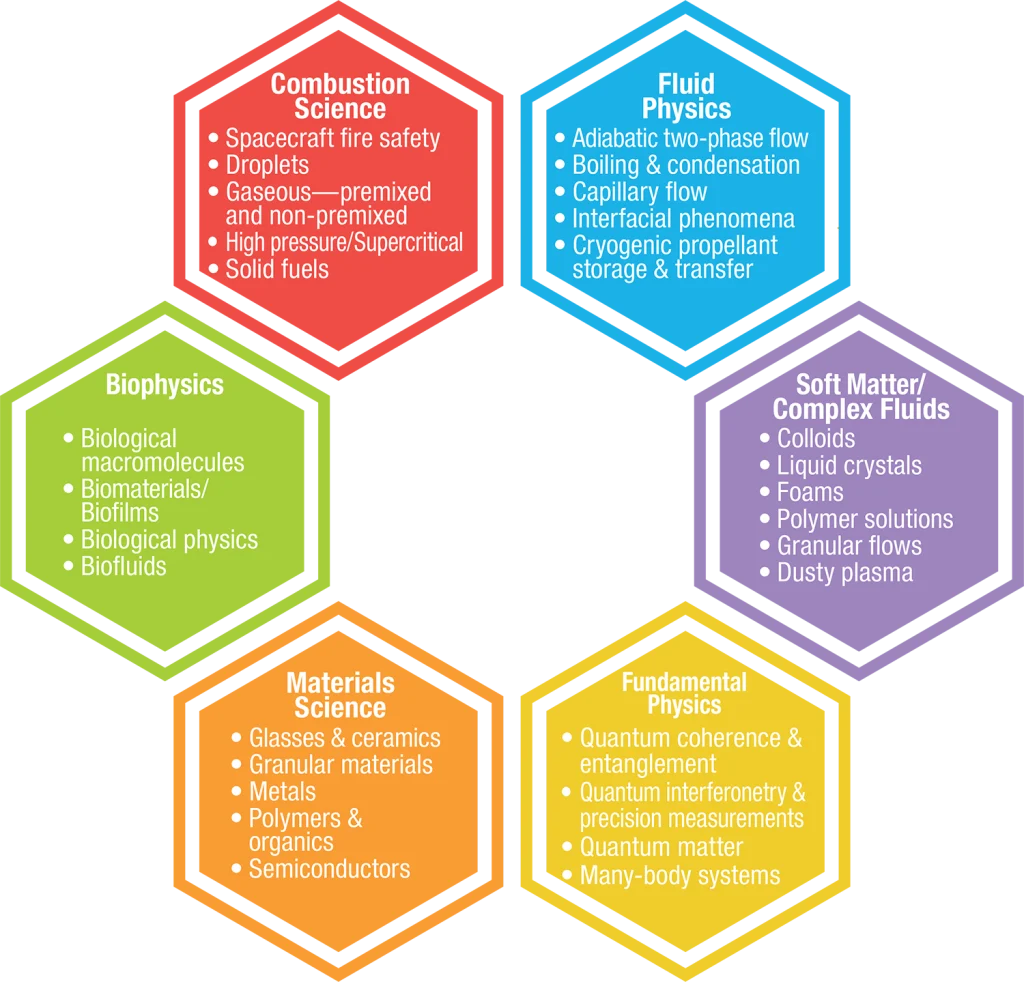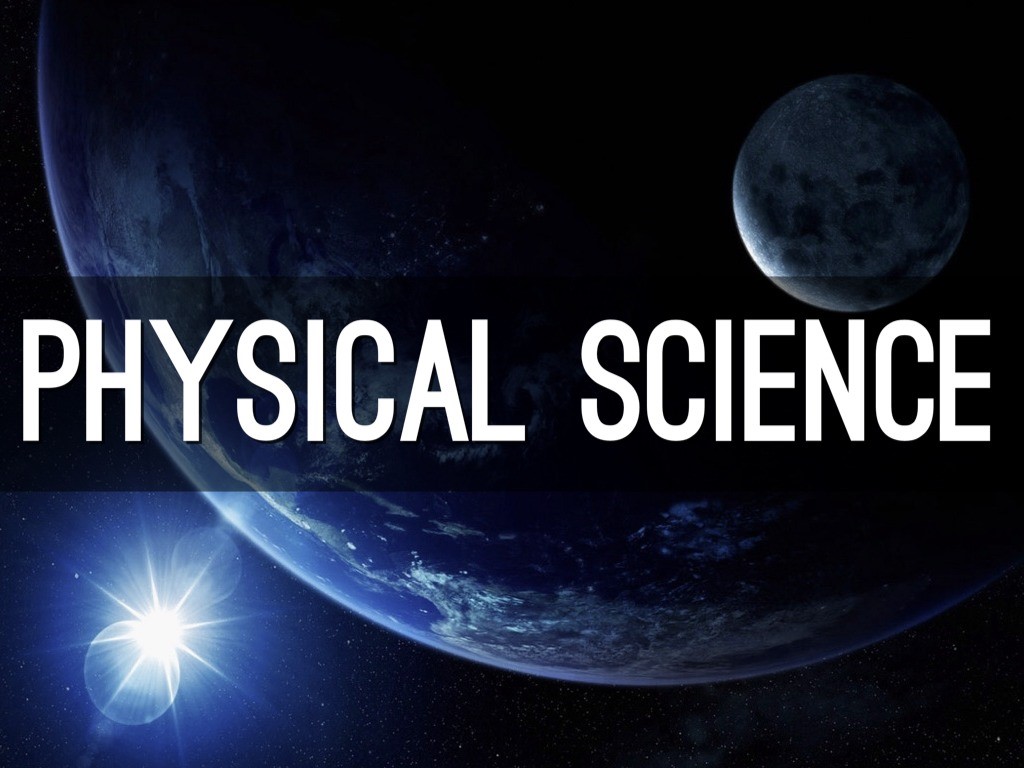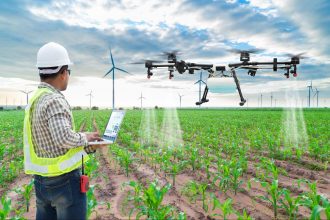A wide range of fields fall under the umbrella of the physical sciences, which aim to comprehend the underlying ideas that control the natural world. Physical science is essential to solving the mysteries of the world because it studies everything from matter and energy to motion and the structure of the cosmos. In this article, we’ll examine the definition, application, and importance of physical science in our attempt to understand the mysteries of the cosmos.
Define Physical Sciences
Physical sciences is the area of study that focuses on the fundamental principles of the cosmos and the study of non-living entities. It includes a wide range of fields, each devoted to studying a particular facet of the natural world, such as physics, chemistry, astronomy, and earth science. Physical science’s fundamental goal is to comprehend the underlying principles and processes that control the behavior of matter, energy, and the forces that form the cosmos.

The Range of Physical Sciences
The physical sciences cover a wide range of processes and phenomena seen in the natural world, making up their broad and diverse scope. Among the important fields of research in the physical sciences are:
Physics
The study of matter, energy, and the basic forces of nature is the main emphasis of this field of physical sciences. Physics covers a wide range of subjects, including relativity, thermodynamics, quantum mechanics, mechanics, and electromagnetism.
Chemistry
Is the area of physical science that studies the characteristics, composition, structure, and reactions of matter. It looks into how atoms, molecules, and chemical bonds behave, as well as how changes in chemical processes take place.
Astronomy
Is a field of physical science that deals with the study of celestial objects like stars, planets, and galaxies, as well as cosmic phenomena like black holes, supernovae, and the Big Bang. It is the branch of study that looks beyond Earth. It aims to comprehend the universe’s formation, development, and structure.
Earth Science
Earth science encompasses environmental science, oceanography, meteorology, geology, and other fields of physical science that are concerned with studying Earth and its processes. It studies the planet’s characteristics—physical, chemical, and biological—as well as how it interacts with the hydrosphere, geosphere, biosphere, and atmosphere.
Physical science’s significance
The physical sciences are essential to expanding our knowledge of the natural world and promoting innovation and advancement in technology. Among the major advances made by physical science are:
Technical Innovation
From the development of electricity and telecommunications to the creation of computers, cell phones, and renewable energy technologies, physical science is the foundation for numerous technical innovations and advancements that affect modern society.
Space Exploration
The advancement of physical science has been crucial in allowing us to send spacecraft to far-off planets, moons, and asteroids, as well as to use telescopes and space probes to explore the depths of space. Additionally, it has improved our knowledge of the universe’s beginnings and the quest for extraterrestrial life.
Environmental Sustainability
Policies and practices targeted at reducing environmental degradation, addressing climate change, and encouraging sustainable development are informed by the vital insights that physical science offers into the Earth’s climate system, natural resources, and ecosystems.
Health and Medicine
From the creation of medical gadgets and diagnostic imaging methods to the identification of novel medications and illness treatments, physical science is essential to the domains of health and medicine. It also advances our knowledge of the physiological functions of the human body.

Physical Science’s Future
Future discoveries and improvements in physical science are extremely promising as our grasp of the natural world continues to grow. Novel domains like nanotechnology, biophysics, and quantum computing are expanding the limits of scientific investigation and revealing uncharted territories. Physical science will continue to spur innovation, pique curiosity, and broaden our understanding of the universe’s wonders with sustained investment in research and instruction.
Read More Astrophysics: Solving the Universe’s Mysteries
FAQs about Physical Sciences
What distinguishes life science from physical science?
While life science is concerned with living things and biological processes, physical science studies non-living systems and the underlying ideas of the cosmos.
What role does physical science play in the development of new technologies?
Numerous technical developments, including computers, renewable energy sources, electricity, and telecommunications, are based on physical science.
Which real-world applications of physical science are there?
Physical science is used in everyday life in fields like electricity, magnetism, optics, and mechanics, which support devices like computers, smartphones, and transportation networks.
How does physical science contribute to solving environmental problems?
Understanding the Earth’s climate system, natural resources, and ecosystems through physical science helps to address environmental issues like pollution, habitat destruction, and climate change.
How can I work in physical science as a career?
Physical science careers offer options for specialization in fields including physics, chemistry, astronomy, and earth science, as well as positions in research, academia, industry, government, and healthcare.
In summary
To sum up, physical science forms the basis of human knowledge by offering a framework for comprehending the underlying ideas that control the natural world. Physical science is a broad field that includes a wide range of subjects, from the study of matter and energy to space exploration. Its goals are to advance technological innovation and solve cosmic riddles. Physical science will always be a vital tool for deepening our understanding of the world and influencing the course of human history as we push the boundaries of science.










